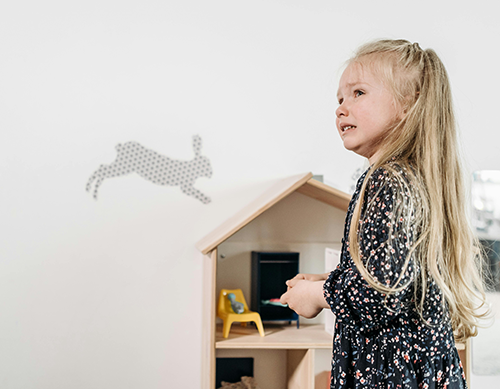(Posted 2024 May)
 Between three and 10 million children, adolescents, and teens witness violence between their parents or caregivers each year. Adults involved in a violent relationship may think their fighting doesn’t impact their children, but that’s not the case. The truth is children exposed to violence in their home are more likely to have difficulty in school, act aggressively, abuse drugs or alcohol, and suffer from depression or mental health problems. Even children who don’t see domestic violence are affected by conflict in their family. This is what signs of these emotional issues might present as:
Between three and 10 million children, adolescents, and teens witness violence between their parents or caregivers each year. Adults involved in a violent relationship may think their fighting doesn’t impact their children, but that’s not the case. The truth is children exposed to violence in their home are more likely to have difficulty in school, act aggressively, abuse drugs or alcohol, and suffer from depression or mental health problems. Even children who don’t see domestic violence are affected by conflict in their family. This is what signs of these emotional issues might present as:
Symptoms in Young Children
- Anxiety or increased fear
- Depression
- Sleep issues
- Anger or increased aggression
- Bullying others or being bullied
- Spending more time alone
Symptoms in Adolescents
- New rebellious behavior
- Declining grades
- Skipping school
- Depression or anxiety
- Social withdrawal
- Drug or alcohol abuse
Symptoms in Both Children and Adolescents
- Loss of interest in friends, school, hobbies and other activities
The good news is that research shows disrupting violence is associated with positive outcomes for children and interventions to improve parent-child relationships can decrease harmful effects and improve a child’s development. Learn more about how one caring adult can make a difference in a child’s life.
If you or someone you know is experiencing interpersonal violence, call the Domestic and Sexual Violence 24-Hour Hotline at 703-360-7273 for resources and support. If you are in immediate danger, call 9-1-1.
This posting is part of the Department of Family Services' Community Corner where you’ll find timely information about upcoming events, parenting and wellness tips, programs and services, and more! Share these helpful posts with your friends and family. Don't miss out on future postings! Sign up today!

